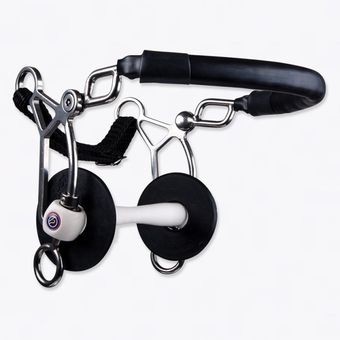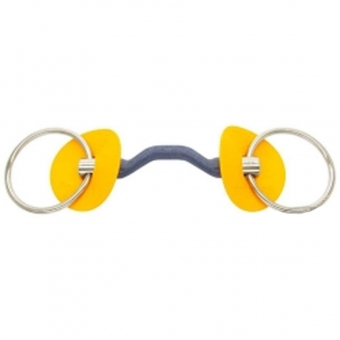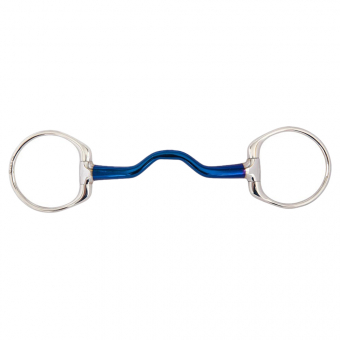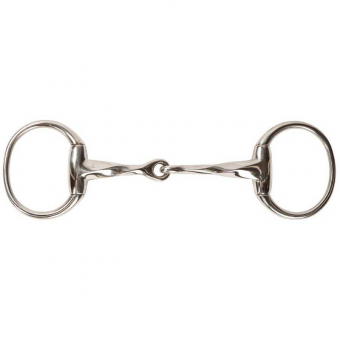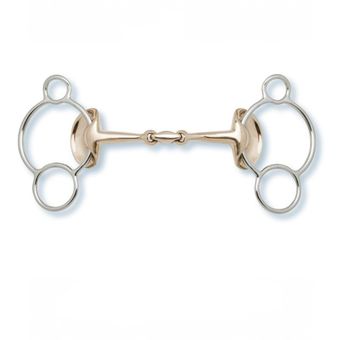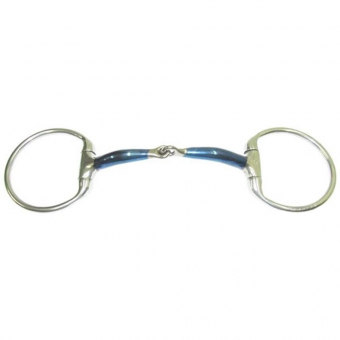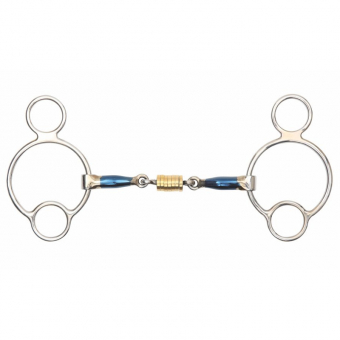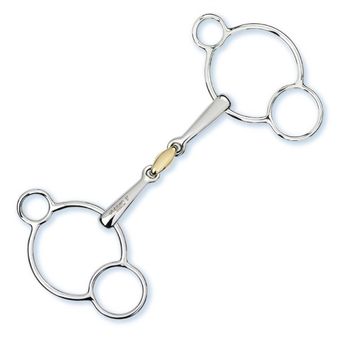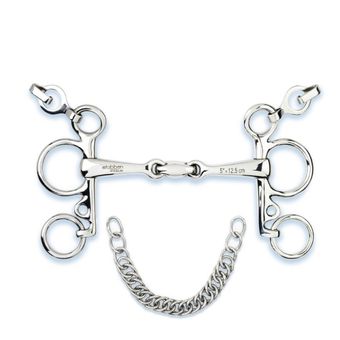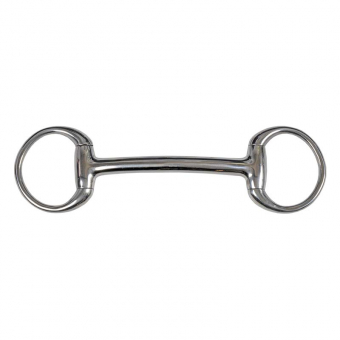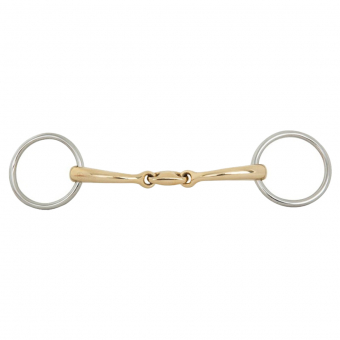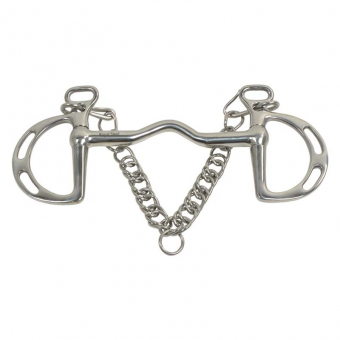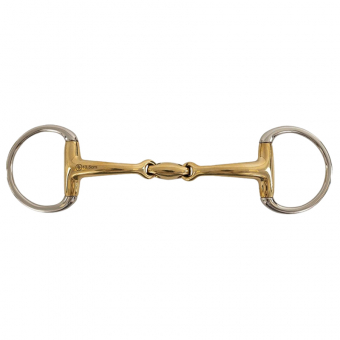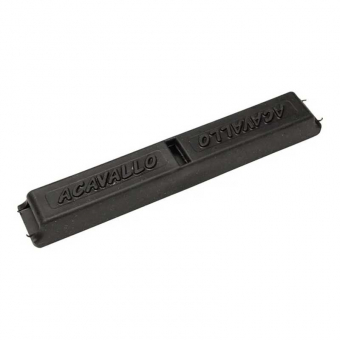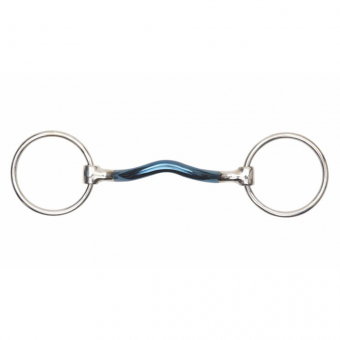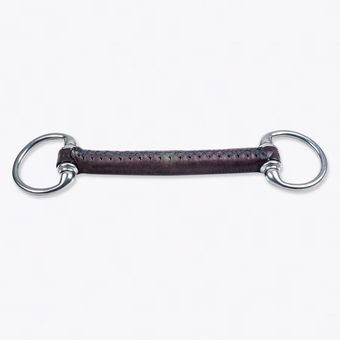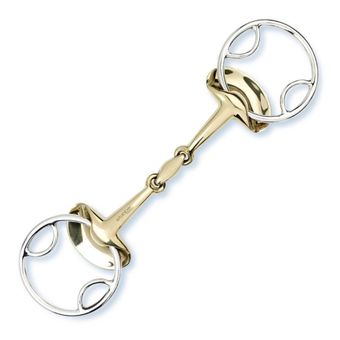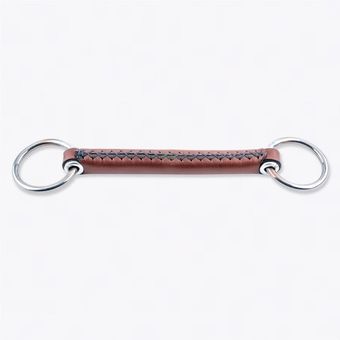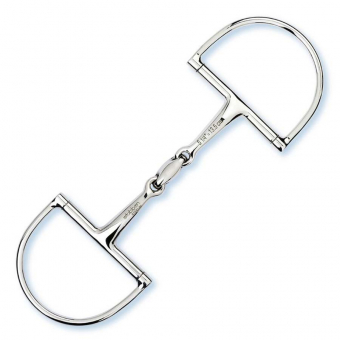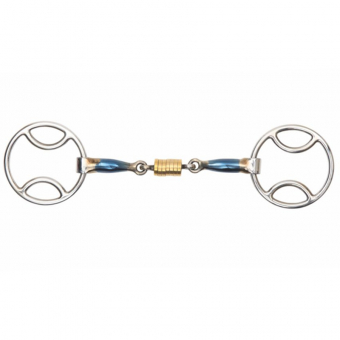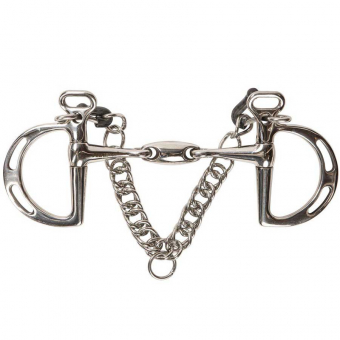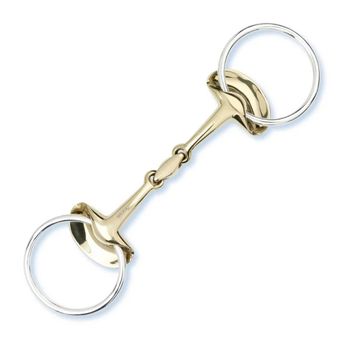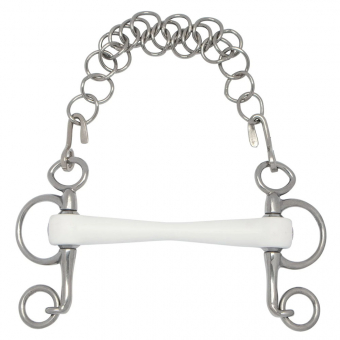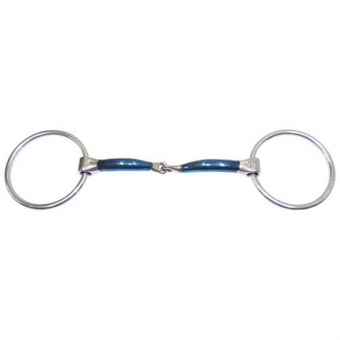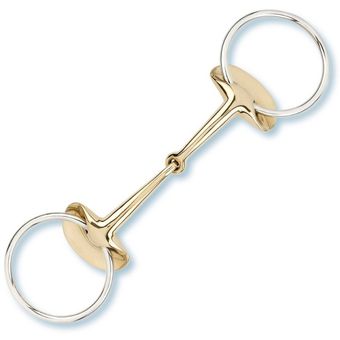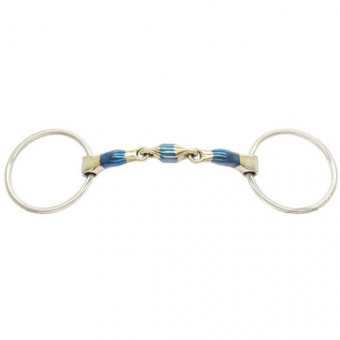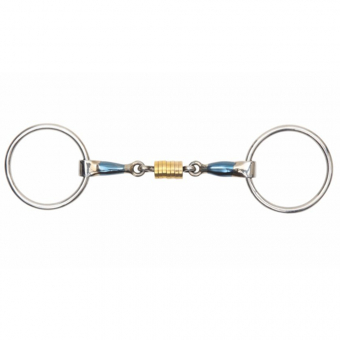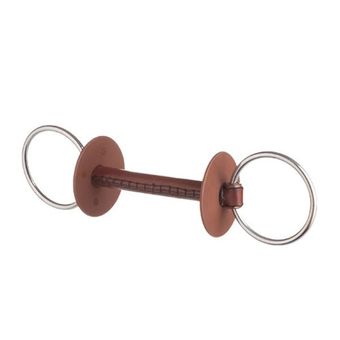Today, there is a plethora of different bits available for both horses and ponies, and it can be challenging to determine which one is best suited for your horse. What you should always start with is to try to keep it as simple as possible. Many professional riders claim that it's easy to
Read more
Switching to a sharper bit like a pelham or gag is easy, but it's much harder to revert back to a simple snaffle bit. Today, there are also bitless alternatives like the hackamore, and we see this trend gaining strength. Many countries are even introducing bitless classes in competitions.
Bits in Different Materials
Today, there are many different materials used for bits, but if we look at the most common ones, they are metal, rubber, and leather. Starting with metal, there are, of course, various types. We see a growing trend in bits made from types of "sweet iron" which not only conduct heat better than the classic stainless steel but also have a sweeter taste, mainly because they contain copper or have certain parts that rust. Rubber and plastic bits are often used for more sensitive horses and come in both straight and jointed mouthpieces. The softest rubber bits, like the Flexi soft from Trust for example, have a wire core to prevent accidents if the horse happens to bite through it. If they are made of plastic, however, there's usually no core since they are typically too hard to bite through anyway. Beris, for instance, makes many of these. Lastly, we have leather bits. The advantage of these is that they soften with the horse's saliva and are excellent for increased saliva production and higher acceptance. It's important to consider the thickness, as it varies significantly between different bit manufacturers. Metalab typically has a slightly thicker design while Beris and Trust have a slimmer design.
